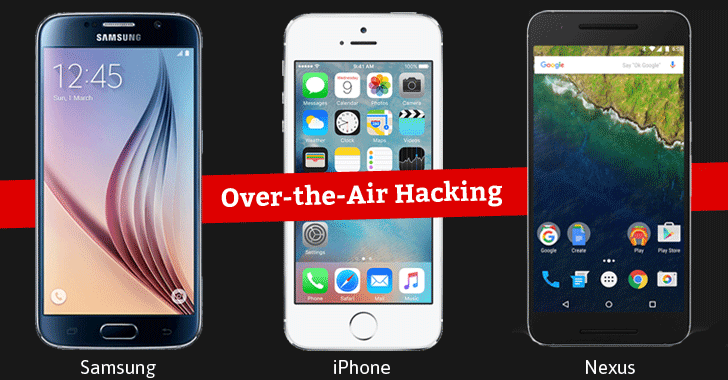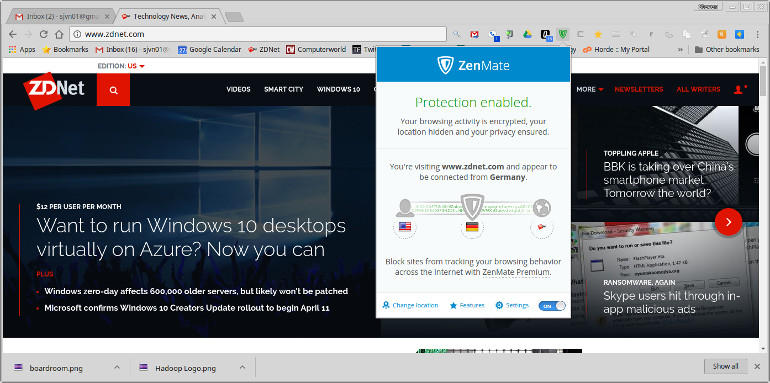Hackers targeted at least 8 ATMs in Russia and stole $800,000 in a single night, but the method used by the intruders remained a complete mystery with CCTV footage just showing a lone culprit walking up to the ATM and collecting cash without even touching the machine.
Even the affected banks could not find any trace of malware on its ATMs or backend network or any sign of an intrusion. The only clue the unnamed bank’s specialists found from the ATM’s hard drive was — two files containing malware logs.
Read more here.
![]()








